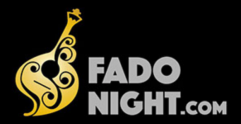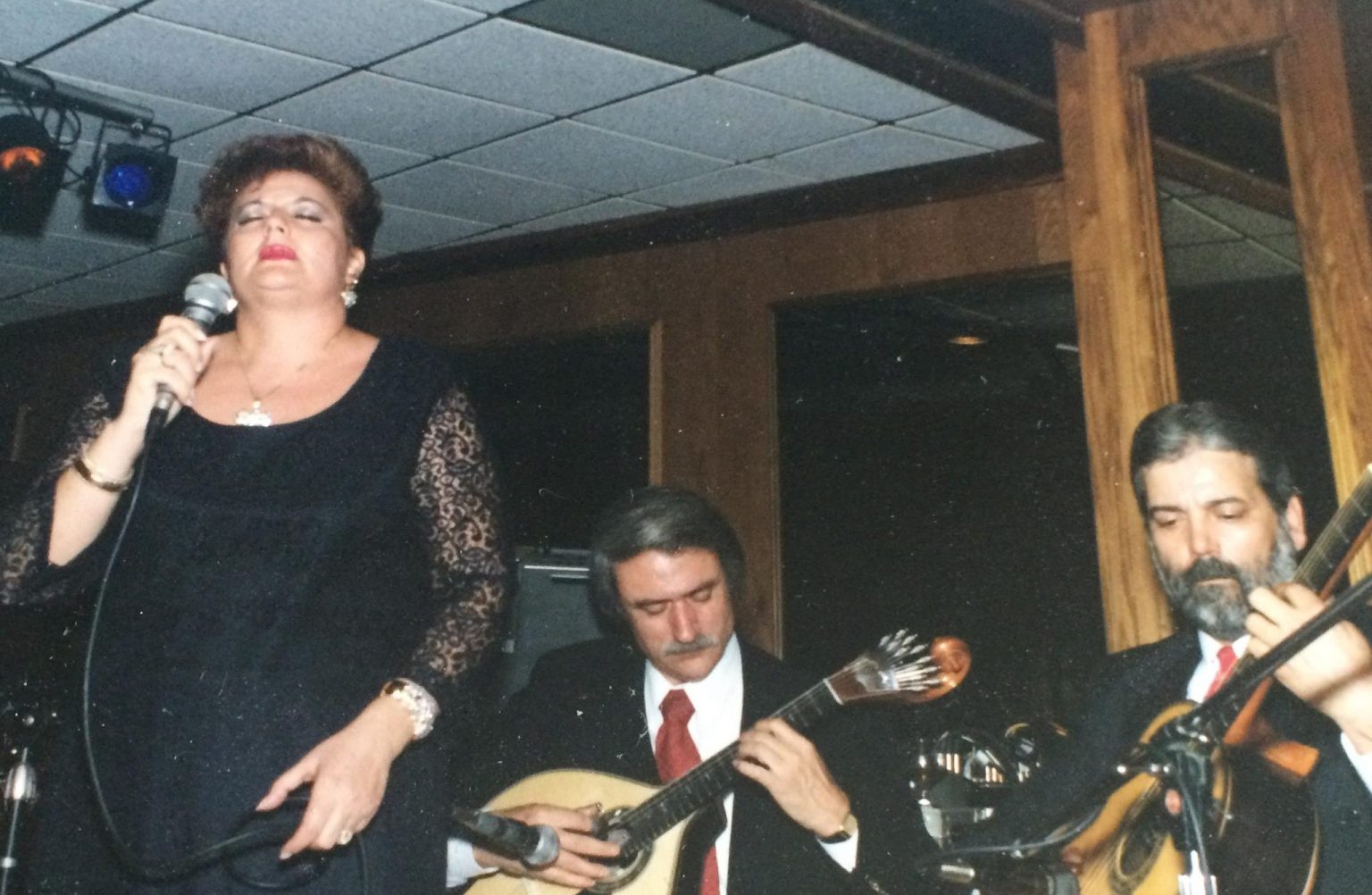Newark, New Jersey, mid-80s. Whoever came to live here already knew: fado on weekends was at “El Pastor” or “Quebra Bilhas”. Also, with unforeseen frequency, at the tiny space of the “Friends of Lisbon”.
The singers were: Corina (the same one who went on tour with Amália Rodrigues), Emília Silva, Cora de Abreu, Mena Leandro, Zézinha Marques, Elizabeth Maria, Salomé Cardinali, Rosalina Silva (who had the function of singing with the management of the iconic “Quebra Bilhas”), Fátima Molina, Tony Quim, Manuel Vargas, Manuel Silva, Carlos Alberto, Hermínio Silva and Jorge Quaresma, that I remember, at the moment.
Well, without guitars there is no fado. At that time, there were two musician teams: Alberto Rezendes and Francisco Chuva, plus António Mendonça & Faustino Neto. Different styles, but honestly aiming for perfection in keeping with the previously mentioned diversity of voices. Some instrumentalists, you see, even accumulated functions. Who among us has never heard the insistent request: “Hey Chuva, sing the
“Trigueirinha!”?
The beginning of the century marks the decline of community interest in fado. Musicians emigrate to New York, where Nathalie Pires guarantees an audience in the late Alfama Restaurant. Fátima Santos is a poster at “Pão” and at “55 Bar”. “Quebra Bilhas” disappears and “El Pastor” is no longer what it was: fado is now accompanied by keyboard and drums (!).
Luis Pires, a prestigious media professional, begins his “Grande Noite do Fado”, an event that would last for a good dozen years. The Portuguese Consulate in Newark sponsors major fado concerts (Mariza and Camané, among others) at the NJPAC. ProVerbo invents “Ironbound Fado”, Tertúlia do Fado starts the “Grande Concurso de Fado” and the “FADO NOW!” Series. The Fundação Amália offers its annual concert, and little by little fado leaves its natural habitat and goes on to the concert hall shows.
An honorable exception was “Pic Nic Restaurant”, where Fátima Santos sang, and occasionally guests such as Ana Roque, Luis Ferraz, Marylou Lawrence, Catarina dos Santos, and Ramana Vieira also performed.
What about the clubs that sprouted in New Jersey like mushrooms? They were the Sport Marítimo Murtuense, Casa dos Açores, Casa do Ribatejo, Beira-Mar, Gafanhense, Casa de Tondela, Casa dos Arcos, Benfica, Lar dos Leões, Casa do Minho, Ferreirense, Casa de Trás-Os-Montes, Alto Douro, and the Portuguese Sport Club, among many others.
and Mary Ann McSweeney, at “55 Bar”
In these, the fado show is not only rare, but it is also typified: there goes the stage, after the anthems and before the auction. The musicians try to make themselves heard in the midst of conversations, tableware noise, the impatient wait for dance music. If there are inglorious fights, these are some of them.
The IPMA (International Portuguese Music Awards) gives a helping hand to fado: Fátima Santos won the award in 2014, followed by Nathalie Pires in 2015. Fado is alive in New Jersey. Or maybe not.
Despite the regrets, a new generation of fadistas dawns, some of them are: Pedro Botas, Kimberly Gomes, David Ribeiro Couto, Diana Mendes, and Juliana Vitor, plus the promising Sara Barcelos. At the same time, an entire generation of musicians disappears. There is currently only one pair of guitarists in New Jersey.
Fado, as an intimate musical form, created and recreated in the permanent dialogue not only between the voice of the singer and the guitars but also with the audience’s words such as “ah, boca linda!”, “Ah, fadista!” as well as the solemn “bonito!” and others are now on the streets of bitterness.
A Booking Agent is an entity that, surprisingly for a champion country of entrepreneurship, does not exist. The fadista is abandoned to the solitary task of getting his own contracts. When approaching the owner of any Portuguese restaurant, the obvious answer is: “Fado? What do I get out of it? If you come here to sing, I lose money, because the customers don’t turn over the tables!… ”. As can be inferred, there is no concern of, say, cultural forum.
And speaking of culture, let’s move on to clubs, associations, and similar organizations. With these, it’s often the problem of renting the hall (any wedding, sweet sixteen, or communion is more important than a Fado Night, but what a bother!). So when the club president utters that inspirational phrase “(…) we are the defender of Portuguese culture on the East Coast of the US!” one feels like naively inquiring about the cultural planning of that club for the current year…
The true fadista wants to be heard in restricted spaces, where intimacy can and should exist. The true fadista wants to talk, sing, with the people right in front of him. The true fadista doesn’t want to sing what he sang and how he sang yesterday. An interpretation of fado is “a happening” (or is this word exclusive to Alan Kaprow, “well now”?).
There is nothing more moving than the effort and attention with which the Portuguese guitar player pursuing the melody offered by the singer. And no secondary instrument is more imposing than the viola (classical guitar) marking that inexorable rhythm, and it is even excusable for its player to replace augmented chords with diminutive ones in his obsession for the ideal bass.
The true fadista refuses the “more-than-tested-and-predictably-successful” recipe. The true fadista is an inveterate gambler: he wants to risk, risk and risk.
We musicians risk it. It is a mystery to see that this community has long ceased to do so.
Speaking of risk, here’s good news: Manny Nordeste and Paulo Macedo of the “Lagar” restaurant (Union, NJ) decided to support Fado in New Jersey. Thursday evenings will be filled by fado starting September 12th.
The musicians will be there, starting at 8:00 pm. Are there still fado audiences in New Jersey?
Article by: José Luis Iglésias

